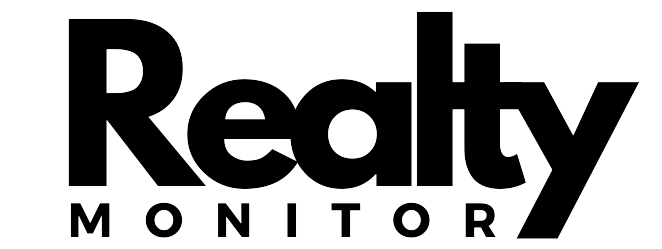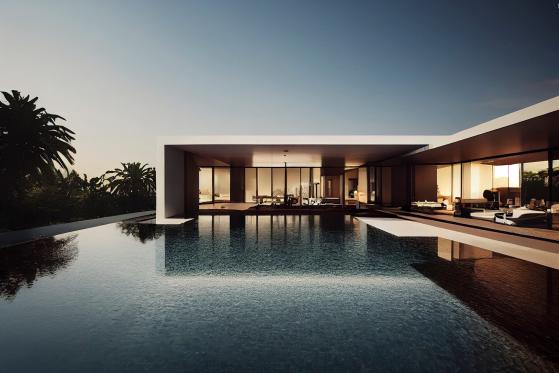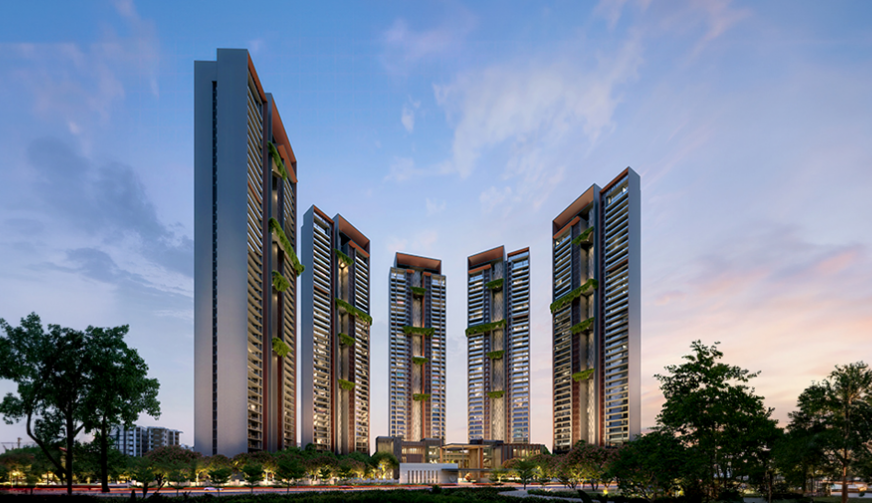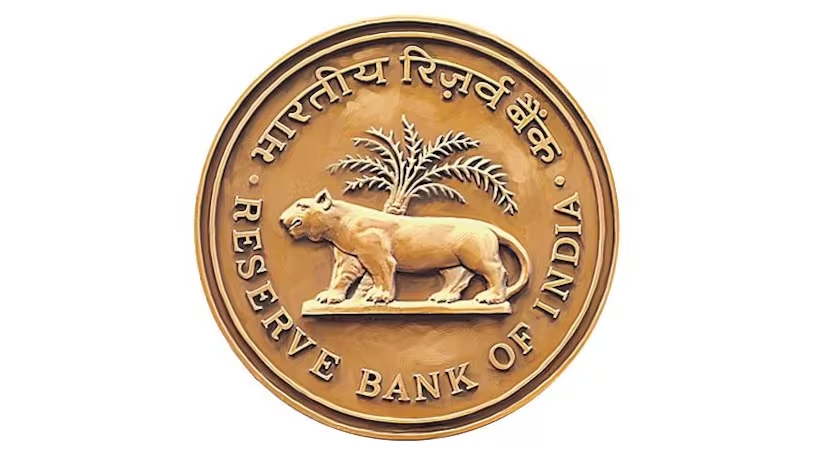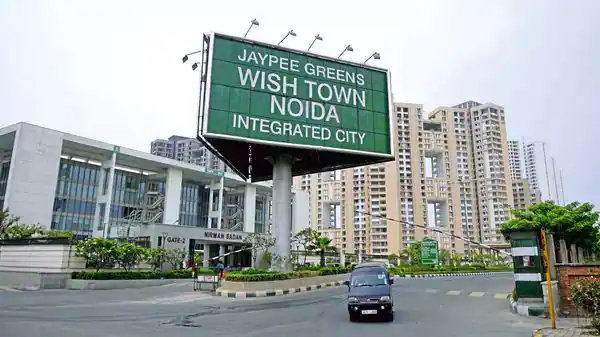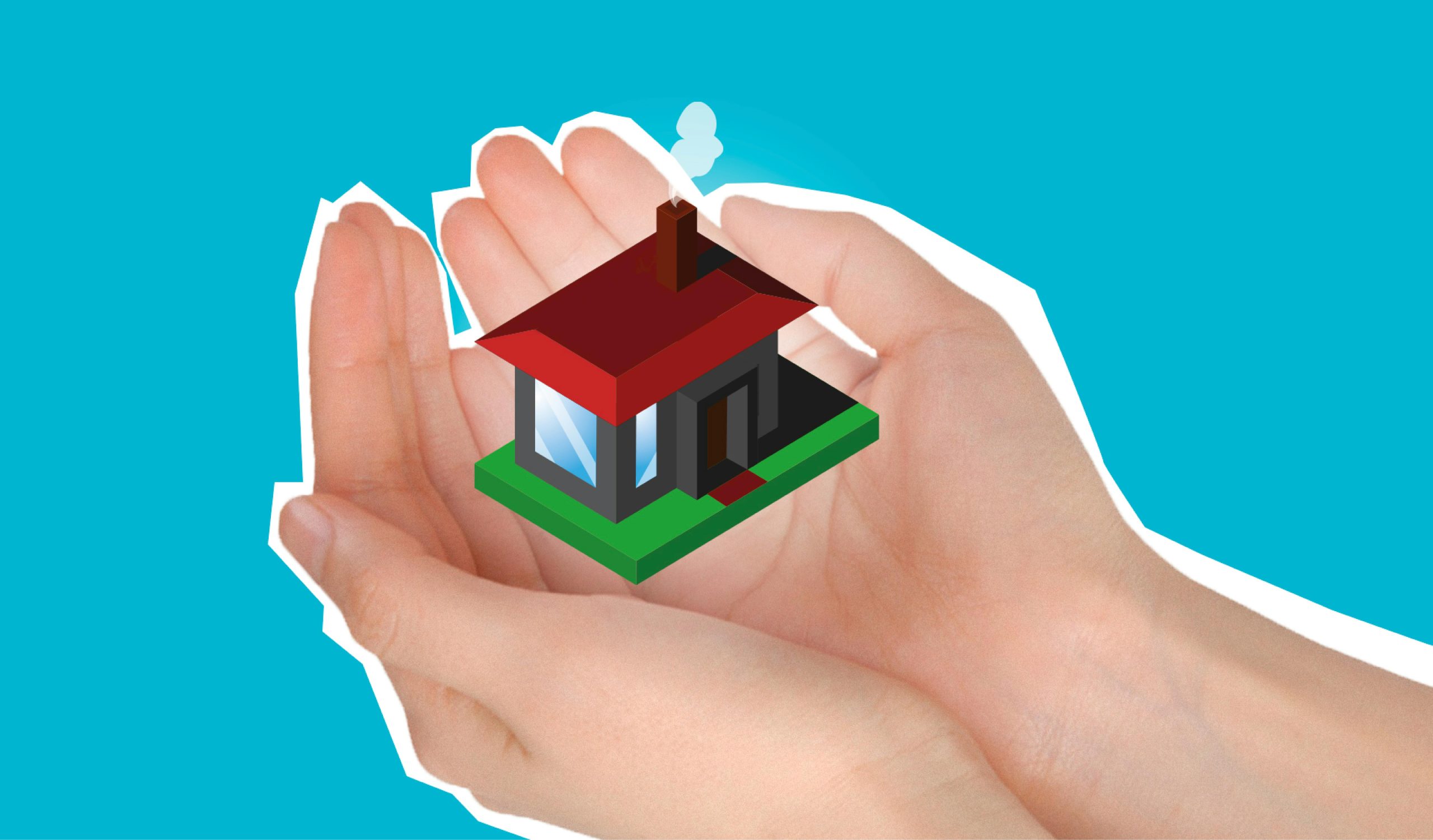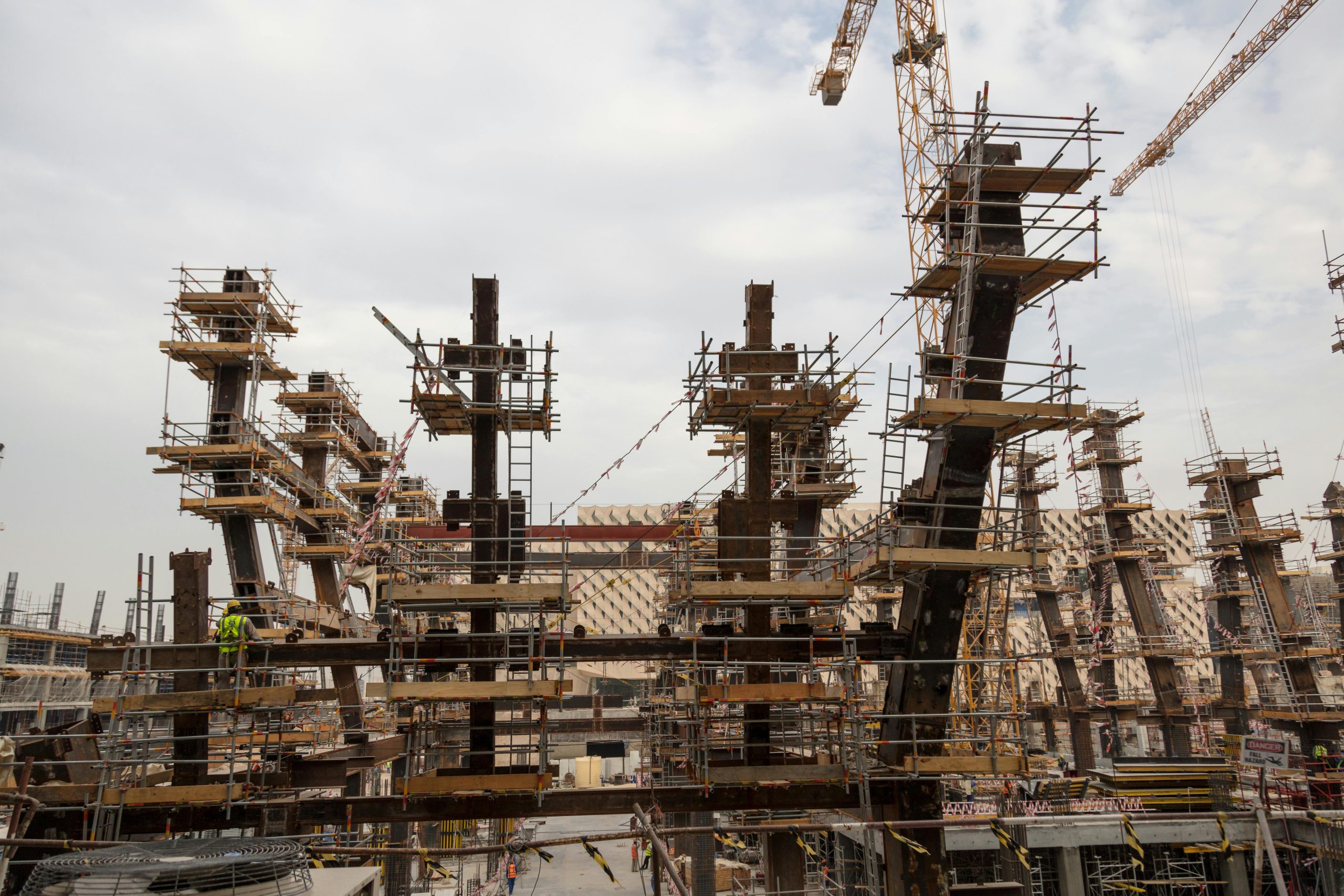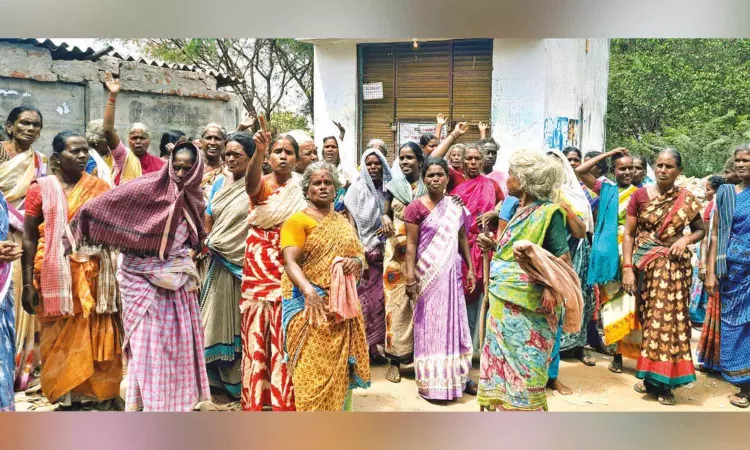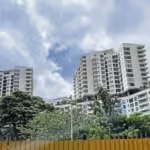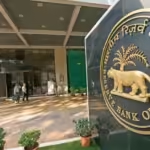The real estate sector in Delhi-NCR is stepping up to support the Graded Response Action Plan (GRAP), which aims to control rising pollution levels in the region. With GRAP now in effect, real estate developers are adopting strict measures to comply with the environmental guidelines laid out by the authorities, playing a crucial role in minimising pollution.
Construction activities, which are a significant source of dust and air pollution, are being carefully monitored. Developers are implementing robust dust control measures, such as water sprinkling and covering construction materials. In accordance with GRAP guidelines, construction and demolition (C&D) activities on plots over 500 sq m are only permitted if registered on the relevant web portal, ensuring strict compliance. Additionally, developers are investing in eco-friendly building techniques and sustainable practices, showcasing their commitment to a cleaner environment.
Manoj Gaur, President CREDAI NCR says “Even though the implementation of GRAP-1 poses does not ban construction and development activities for projects registered on the web portal of the respective state pollution control authority’s website, a blanket ban severely impacts the real estate sector. A halt in construction for just one month can delay projects by at least three months, resulting in substantial financial losses. As one of the largest employers of unskilled labour, a blanket construction ban threatens livelihoods. CREDAI NCR has issued guidelines to member developers, emphasising compliance with CAQM norms, including registration on the Pollution Control Website, use of anti-smog guns and dust suppression measures. We would also like to add that RERA-registered projects are mandated to adhere consistently to pollution control standards.”
Pradeep Kumar Aggarwal, Founder and Chairman Signature Global (India) Limited said, “The implementation of GRAP serves as a wake-up call for the sector. While this may necessitate changes to our construction processes, we view it as an opportunity to innovate. These guidelines compel us to invest in greener solutions, such as improved material storage and effective emissions management. By embracing these changes, we can create a lasting positive impact on the environment and help build a cleaner, healthier Delhi-NCR.”
Amit Modi, Director of County Group, stated, “In compliance with the GRAP-1 guidelines, we have installed anti-smog guns and water sprinkling systems at all our construction sites. Additionally, we have fully covered the sites using green nets to prevent the spread of dust. We are also using eco-friendly materials to minimize pollution during the construction process.”
Sanjay Sharma, Director of SKA Group, added, “We have taken strict measures at our construction sites to reduce pollution. Under the GRAP-1 regulations, we are regularly cleaning the sites and ensuring water sprinkling to keep the dust settled. Moreover, all construction materials are covered to prevent dust particles from being released into the air.”
Kushagra Ansal, Director, Ansal Housing said that we follow the guidelines of GRAP in all our projects and put environmental protection first. It is our responsibility to control pollution, and we will make every effort so that our actions do not have a negative impact on the environment.
Amish Bhutani, Managing Director of Group 108, stated, “We have implemented anti-smog guns and other pollution-control technologies across all our sites. Following the GRAP-1 guidelines, we have decided to cover the construction sites and increase the frequency of weekly cleaning. Additionally, our team is using eco-friendly construction materials to ensure minimal pollution during the building process, helping to maintain clean air in the surrounding areas.”
Shantanu Gambhir, MD, RISE Infraventures says We acknowledge the implementation of GRAP Stage-I and its role in combating pollution in Delhi. With these restrictions now in effect, it is important for the sector and developers to comply with the measures designed to mitigate emissions from construction and other sources. By adhering to GRAP Stage I, we can collectively enhance air quality and promote sustainable development, benefiting the communities we serve in the region.
